Home > Study Material
Welcome to Daily News Analysis, your singular resource for UPSC CSE/PCS current affairs. Grasp the importance of staying updated for your UPSC/PCS journey.
Daily News Analysis presents essential news from top sources like The Hindu, Indian Express, Business Standard, and PIB, curated in line with the UPSC/PCS syllabus. Our expansive coverage includes Politics, Economics, Science & Technology, Environment, International Relations, and Governance.
Promptness and ease. We provide the day's news by 12:30 PM, serving as a consolidated, updated information hub. With Daily News Analysis, you lead the pack, equipped with trustworthy current affairs content.
Our platform's user-friendly design integrates your daily current affairs preparation into your study regime seamlessly. Explore an array of content - articles, summaries, infographics - to bolster your understanding of worldwide events.
Empower yourself with knowledge and self-assurance, and acquire a competitive advantage with Daily News Analysis. Embark on your journey towards UPSC/PCS triumph today. Remain informed, remain ahead, every single day with Daily News Analysis! Particularly beneficial for UPSC Mains, Daily News Analysis provides detailed analysis of news along with facts, catering to the broader UPSC and PCS examinations.
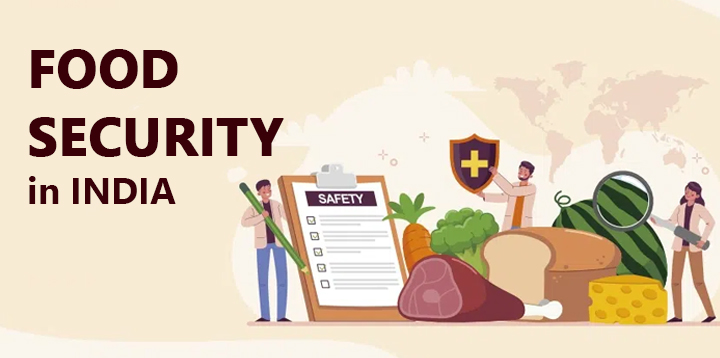
Daily News Analysis for UPSC | Current Affairs for UPSC Preparation | Dhyeya IAS / 05 Dec 2025
Food security forms the foundation of any nation’s public health system, economic stability, and social welfare. In the wake of changing global food consumption patterns, rising population, increasingly complex supply chains, and the interconnected nature of international food trade, it has become clear that universal access to safe and high-quality food is not merely a moral obligation but also a policy priority..
View
Daily News Analysis for UPSC | Current Affairs for UPSC Preparation | Dhyeya IAS / 04 Dec 2025
Explore India’s commitment to disability rights and the vision for an inclusive, developed nation. Dhyeya IAS provides a detailed analysis of policies, reforms, challenges, and pathways to ensure equality and accessibility for persons with disabilities..
View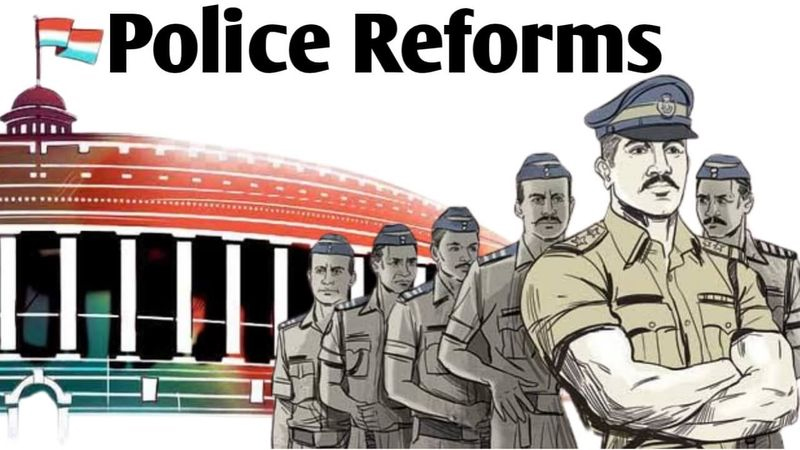
Daily News Analysis for UPSC | Current Affairs for UPSC Preparation | Dhyeya IAS / 03 Dec 2025
Explore the evolving landscape of police reforms in India — public perception, key transformations, and reform impact. A comprehensive analysis by Dhyeya IAS offering clarity for UPSC/PSC aspirants and civil-society researchers..
View
Daily News Analysis for UPSC | Current Affairs for UPSC Preparation | Dhyeya IAS / 02 Dec 2025
"Explore how India has cut new HIV infections by 32% and AIDS-related deaths by 69% through expanded ART access, decentralised community participation, and strong policy reforms under NACP — a comprehensive public-health success story by Dhyeya IAS..
View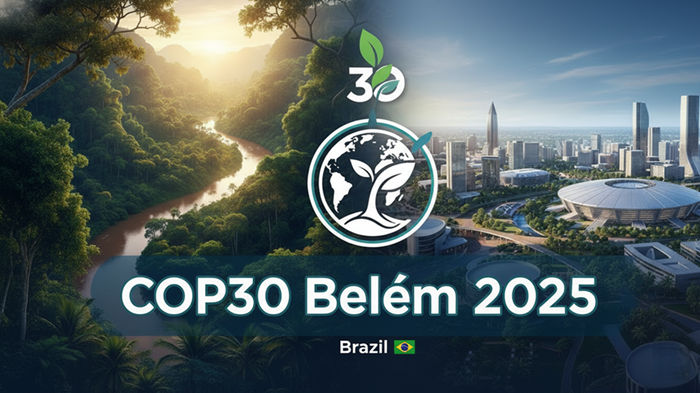
Daily News Analysis for UPSC | Current Affairs for UPSC Preparation | Dhyeya IAS / 01 Dec 2025
Get a comprehensive breakdown of the COP30 summit in Belém, Brazil — its major outcomes on climate finance, forest conservation, adaptation funds, and just-transition plans. A detailed, exam-oriented analysis by Dhyeya IAS for UPSC/PSC aspirants..
View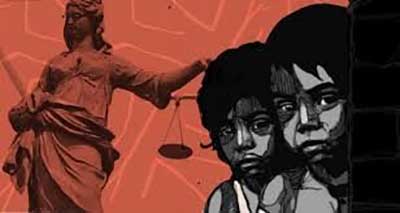
Daily News Analysis for UPSC | Current Affairs for UPSC Preparation | Dhyeya IAS / 29 Nov 2025
Explore a detailed analysis of India’s juvenile justice system — major reforms, persistent gaps, and challenges in implementation. Essential reading from Dhyeya IAS for UPSC & State-PSC aspirants seeking clarity on juvenile law and child rights..
View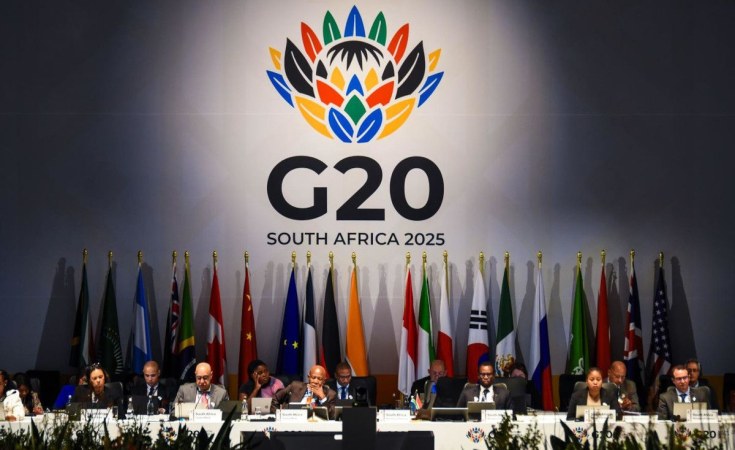
Daily News Analysis for UPSC | Current Affairs for UPSC Preparation | Dhyeya IAS / 28 Nov 2025
Get a comprehensive overview of the G20 Summit 2025 in Johannesburg: what it achieved, major resolutions, and how it affects India. This detailed India-perspective article by Dhyeya IAS helps UPSC & State-PSC aspirants stay updated and exam-ready..
View
Daily News Analysis for UPSC | Current Affairs for UPSC Preparation | Dhyeya IAS / 27 Nov 2025
Explore how India’s dairy sector cooperatives are driving rural empowerment — an insightful article by Dhyeya IAS. Understand cooperative structures, socio-economic impact, and policy relevance to enrich your current-affairs knowledge for UPSC and State PCS exams..
View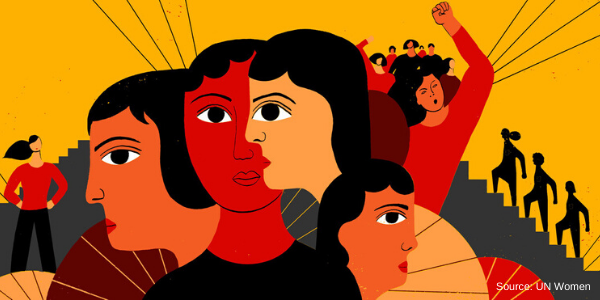
Daily News Analysis for UPSC | Current Affairs for UPSC Preparation | Dhyeya IAS / 26 Nov 2025
Explore India’s progress and persistent challenges in addressing violence against women, along with key digital safety concerns. A detailed, exam-focused analysis by Dhyeya IAS to support UPSC and State PSC preparation with updated insights..
View
Daily News Analysis for UPSC | Current Affairs for UPSC Preparation | Dhyeya IAS / 25 Nov 2025
Explore India’s evolving framework for transgender rights —from constitutional recognition and the 2019 Act to reproductive access and welfare schemes. Get a sharp, exam-ready analysis by Dhyeya IAS..
View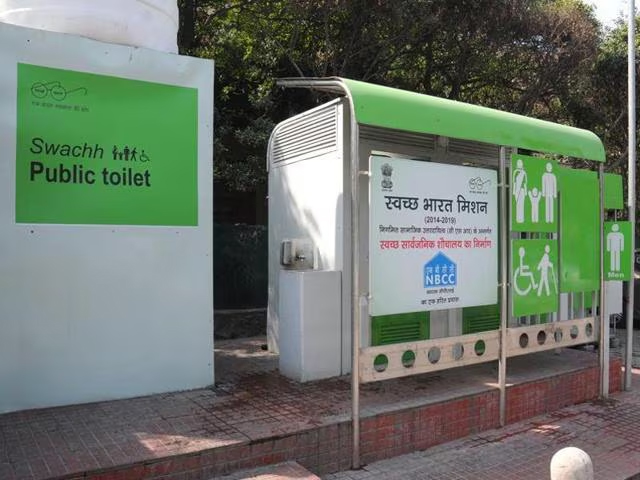
Daily News Analysis for UPSC | Current Affairs for UPSC Preparation | Dhyeya IAS / 24 Nov 2025
Explore India’s transition from “Open Defecation Free” to ODF Plus, integrating solid & liquid waste management for lasting sanitation gains. Understand key policies, challenges and next steps with expert analysis from Dhyeya IAS..
View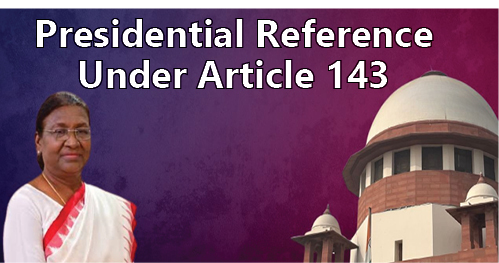
Daily News Analysis for UPSC | Current Affairs for UPSC Preparation | Dhyeya IAS / 22 Nov 2025
Dive into the latest analysis of the Supreme Court’s interpretation of Articles 200 & 201: Governor’s assent, President’s reservation powers and legislative delays. A crisp, exam-focused breakdown by Dhyeya IAS..
View